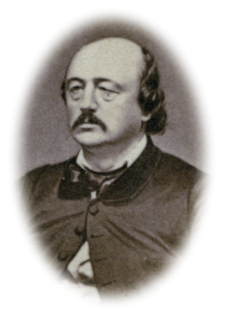Headquarters Department Of Virginia,
Fort Monroe, May 24, 1861.
Lieut. Gen. Winfield Scott:
(Note: this is an excerpt from a longer correspondence begun on May 24, 1861, reporting Butler’s arrival at Fort Monroe)
* * * * * * * * * * *
Saturday, May 25.— I had written thus far when I was called away to meet Major Cary, of the active Virginia volunteers, upon questions which have arisen of very considerable importance both in a military and political aspect and which I beg leave to submit herewith.
On Thursday night three negroes, field hands belonging to Col. Charles K. Mallory now in command of the secession forces in this district, delivered themselves up to my picket guard and as I learned from the report of the officer of the guard in the morning had been detained by him. I immediately gave personal attention to the matter and found satisfactory evidence that these men were about to be taken to Carolina for the purpose of aiding the secession forces there; that two of them left wives and children (one a free woman) here; that the other had left his master from fear that he would be called upon to take part in the rebel armies. Satisfied of these facts from cautious examination of each of the negroes apart from the others I determined for the present and until better advised as these men were very serviceable and I had great need of labor in my quartermaster’s department to avail myself of their services, and that I would send a receipt to Colonel Mallory that I had so taken them as I would for any other property of a private citizen which the exigencies of the service seemed to require to be taken by me, and especially property that was designed, adapted and about to be used against the United States.
As this is but an individual instance in a course of policy which may
be required to be pursued with regard to this species of property I
have detailed to the lieutenant-general this case and ask his direction. I am credibly informed that the negroes in this neighborhood are now being employed in the erection of batteries and other works by the rebels which it would be nearly or quite impossible to construct without their labor. Shall they be allowed the use of this property against the United States and we not be allowed its use in aid of the United States?
be required to be pursued with regard to this species of property I
have detailed to the lieutenant-general this case and ask his direction. I am credibly informed that the negroes in this neighborhood are now being employed in the erection of batteries and other works by the rebels which it would be nearly or quite impossible to construct without their labor. Shall they be allowed the use of this property against the United States and we not be allowed its use in aid of the United States?
* * * * * * * * * * *
Major Cary demanded to know with regard to the negroes what course I intended to pursue. I answered him substantially as I have written above when he desired to know if I did not feel myself bound by my constitutional obligations to deliver up fugitives under the fugitive-slave act. To this I replied that the fugitive-slave act did not affect a foreign country which Virginia claimed to be and that she must reckon it one of the infelicities of her position that in so far at least she was taken at her word; that in Maryland, a loyal State, fugitives from service had been returned, and that even now although so much pressed by my necessities for the use of these men of Colonel Mallory’s yet if their master would come to the fort and take the oath of allegiance to the Constitution of the United States I would deliver the men up to him and endeavor to hire their services of him if he desired to part with them. To this Major Cary responded that Colonel Mallory was absent.
* * * * * * * * * * *
Trusting that these dispositions and movements will meet the approval of the lieutenant-general and begging pardon for the detailed length of this dispatch, I have the honor to be, most respectfully, your obedient servant,
BENJ. F. BUTLER,
Major-General, Commanding.
